Views on the News: Vaccine nationalism, Big Pharma and the distribution vacuum in India
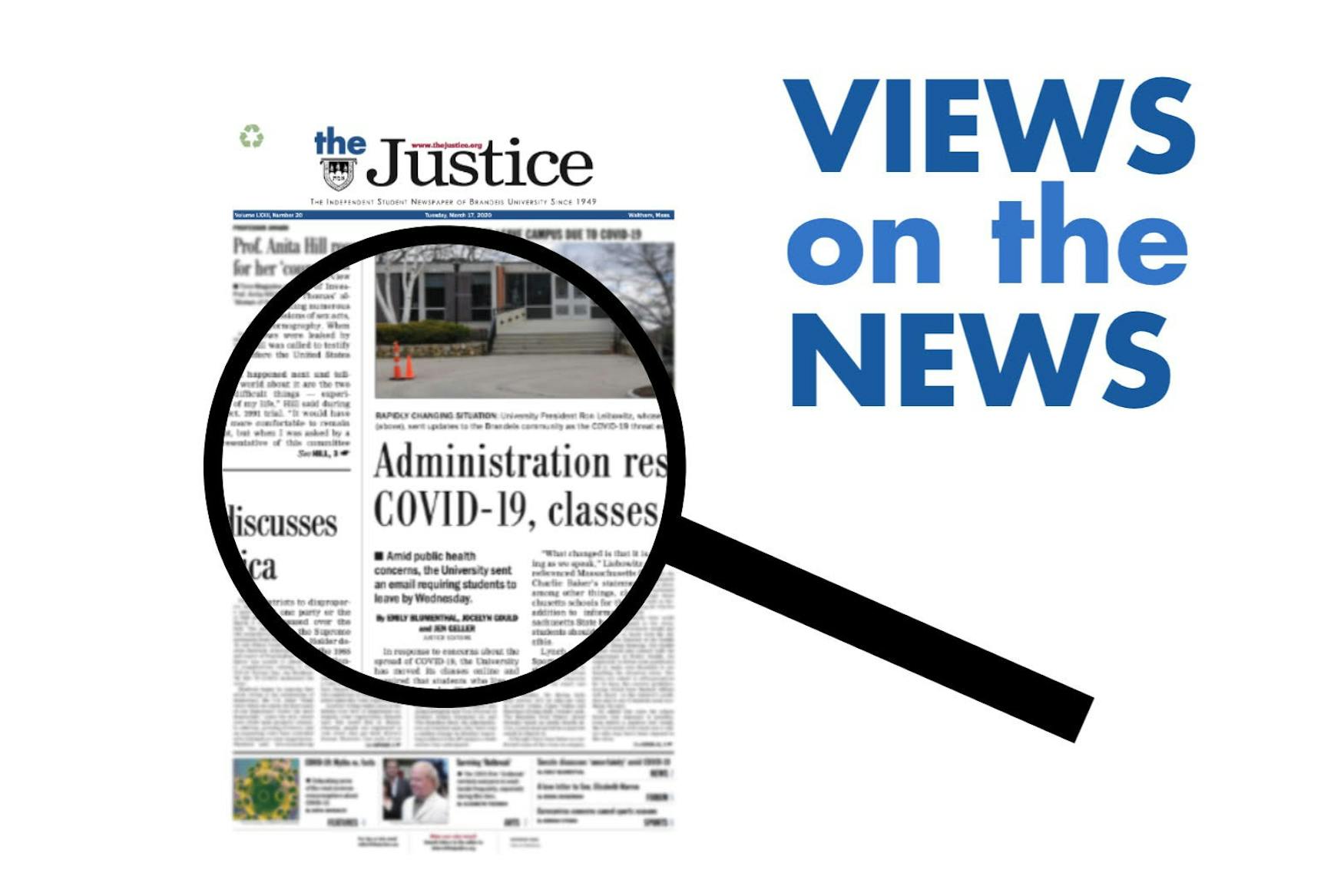
On Tuesday, April 27, India reported 320,000 new COVID-19 cases and 2,771 deaths, as a second COVID-19 wave ravaged the country's healthcare system. The Indian government has responded to the crisis by restricting its own exports of the AstraZeneca vaccine, which has had drastic repercussions on impoverished nations. Last week, President Biden defended the current ban on exports of raw materials used in vaccines in response to urgent requests to lift it, citing obligations to prioritize vaccinating the American population first.
In a recent turn of events, the Biden Administration proposed a plan to export up to 60 million AstraZeneca doses to India when available, and countries such as the UK have sent ventilators and additional medical equipment to assist in navigating the catastrophe. In light of the situation, some physicians have alluded to ‘vaccine nationalism’ — when nations procure doses on behalf of national interests at the expense of other countries. How does vaccine nationalism or pandemic profiteering factor into the current nature of global and domestic vaccine distributions, if at all?
Many of our own community also have loved ones in the impacted area. At a local level, how can the Brandeis administration and faculty support South Asian students at this time?
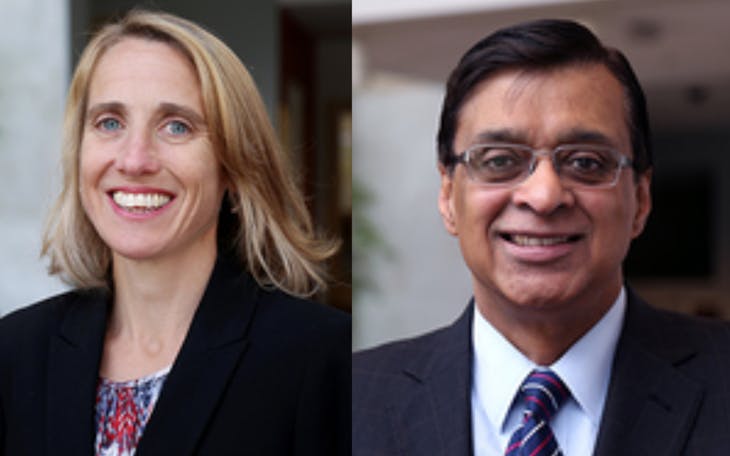
Profs. Allyala Nandakumar and Diana Bowser
The Covid-19 surge in India has led to over 350,000 new infections per day, a steep increase in the number of deaths, overwhelmed healthcare systems, severe shortages of oxygen and other essential supplies and immense sorrow to thousands of families. This is a public health crisis of unparalleled proportions and deserves its own in-depth analysis. The focus of this piece is much more on how increasingly interconnected we all are and why today “local is global and global is local.”
Since the start of the race to produce COVID-19 vaccines, one saw the rise of vaccine nationalism. High-income countries bought out most of the available global supplies at prices that low and middle-income countries could not afford. India accounts for over half the vaccines produced globally and has the capacity to produce 60 million doses of the COVID-19 vaccine per month. Decisions taken by the US led to disruptions in vaccine manufacturing supplies to India, and the surge with reduced production led India to ban the export of their vaccines; this led to steep shortfalls in vaccines available to Covax, thereby impacting vaccine supply to low-income countries in Africa and around the world.
We have a highly integrated and dependent global economy. Billions of doses of the vaccine and over a hundred billion dollars will be needed to tackle the COVID-19 problem. More than ever, we must come together, and yet what we are seeing instead is the rise of nationalism, where the self-interest of countries trumps the needs of others who are less fortunate and thereby exacerbating inequities and undermining trust in global actions and cooperation. They say that “all politics is local” but today, “what is global is local and what is local is global.” There is still time to step back from the abyss and reaffirm our faith in humanity and collective action.
Allyala Nandakumar, the director for both the Institute for Global Health and Development and the MS Program in Global Health Policy and Management, lectures in Health Care Policy and Health Care Financing. Diana Bowser, an Associate Professor at the Heller School for Social Policy & Management, lectures on health financing, health economics, health systems, Latin America, Africa, quantitative and qualitative methods.
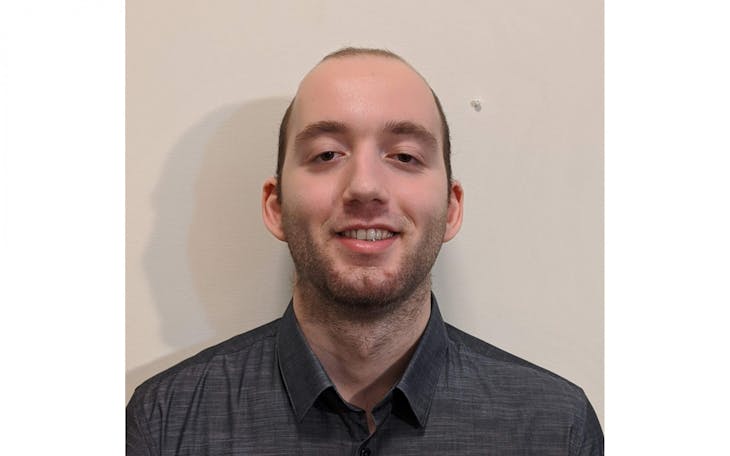
Mehmet Zorluoglu:
The real question is whether poorer countries will be able to access the so called "intellectual property" of the American and European pharmaceutical companies without any patent costs to them. What needs to be done immediately is the Biden administration needs to sign a vaccine patent waiver that will allow developing countries to produce their own vaccines. So called vaccine nationalism is, quite simply, too costly on a global scale to be permissible. Should the Biden administration choose not to waive the intellectual property rights companies in the United States have, then this pandemic will rage on in the badly affected countries.
Mehmet Zorluoglu is a senior at Brandeis majoring in Politics and Philosophy.
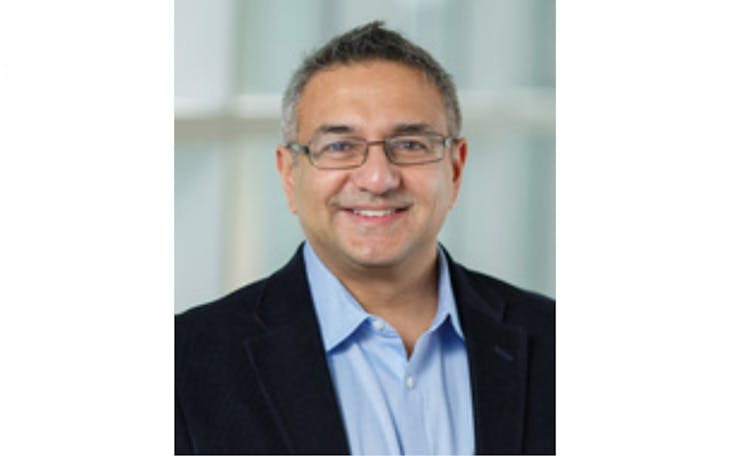
Prof. Rajesh Sampath:
Hard to believe but in 2019, the year before the COVID-19 outbreak, the global GDP reached a staggering $87 trillion. A legitimate question for us compared to previous generations in the post-WWII period is: why do we have to compete for vaccines to save lives, particularly in a biotechnological age of rapid advances in therapies after the mapping of the human genome? Unfortunately or fortunately, some could argue the nation-state — based on geographically-bounded protections of sovereignty, security and health of national populations — has been the only model of social and political organization to persist. Classical empires have died and world wars preempted. Some see that as part of the great narrative of human progress. However, in terms of global ethics, one can say nation-states will always prioritize their own citizens over others, though not to say anything about the plight of undocumented people and refugees within a nation who are often bypassed. Somehow that is morally and legally justified. However, if one were to think from an equitable wealth transfer perspective, just a marginal fraction of the global GDP could be used to bolster a global fund responsible for producing more vaccines on demand; pandemics are global and unpredictable in nature and spread rapidly even though their point of origin is local. Human forces causing global climate change are disrupting animal habitats and ecological systems, which then lead to the birth of viral diseases that could afflict our global humanity. If global action can reverse climate change, then why can’t we have the same mindset to combat the current and future global pandemics? The problem lies in nation-states’ commitments to their own populations within which, by the way, minority rights are constantly under assault. To resign ourselves fatalistically to the present means future fatality of humanity.
Rajesh Sampath, Associate Professor of the Philosophy of Justice, Rights, and Social Change at The Heller School for Social Policy & Management, lectures on multiple topics, including applied ethics, political philosophy and comparative religions.
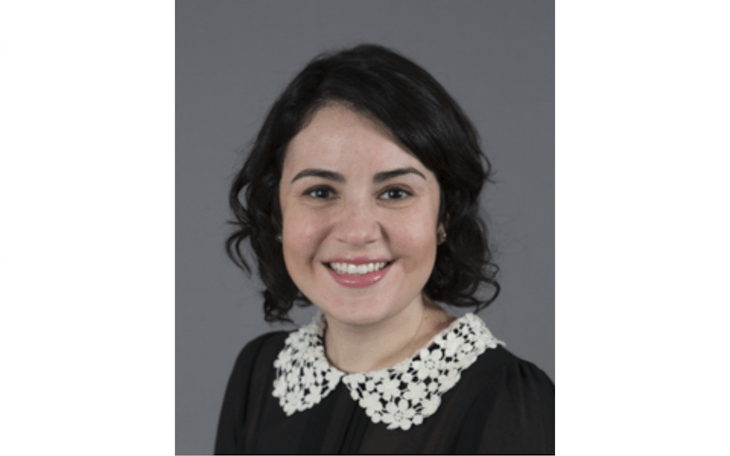
Prof. Sarah Mayorga:
I am indebted to my colleague Professor Gowri Vijayakumar for her leadership on this issue. She invited Sociology faculty to challenge global inequalities and US exceptionalism in our classrooms in an email last week. What that looks like right now is acknowledging the incredible stress and grief caused by the pandemic in India for our South Asian students. That means creating space for students to be whole persons who are shaped and impacted by the outside world. Practically for me, that means granting extensions and creating flexibility around assignments. It also means writing to my representatives asking them to support measures to lift restrictions on vaccines, ingredients and patents and donating to a clinic providing care in India. As I try to encourage students in my classes, whenever we see incredible inequalities, it is important to not take them for granted and assume that this is the way it needs to be. When it comes to vaccine inequities, it is especially important for those of us in the US who are benefiting from global inequalities to ask tough questions. While it may seem daunting to challenge, we have an opportunity to imagine a better world and build it.
Sarah Mayorga is an Associate Professor of Sociology in the Latin American and Latino Studies department. She lectures in race and racism, urban sociology, Latinx sociology, whiteness studies and qualitative methods.



Please note All comments are eligible for publication in The Justice.